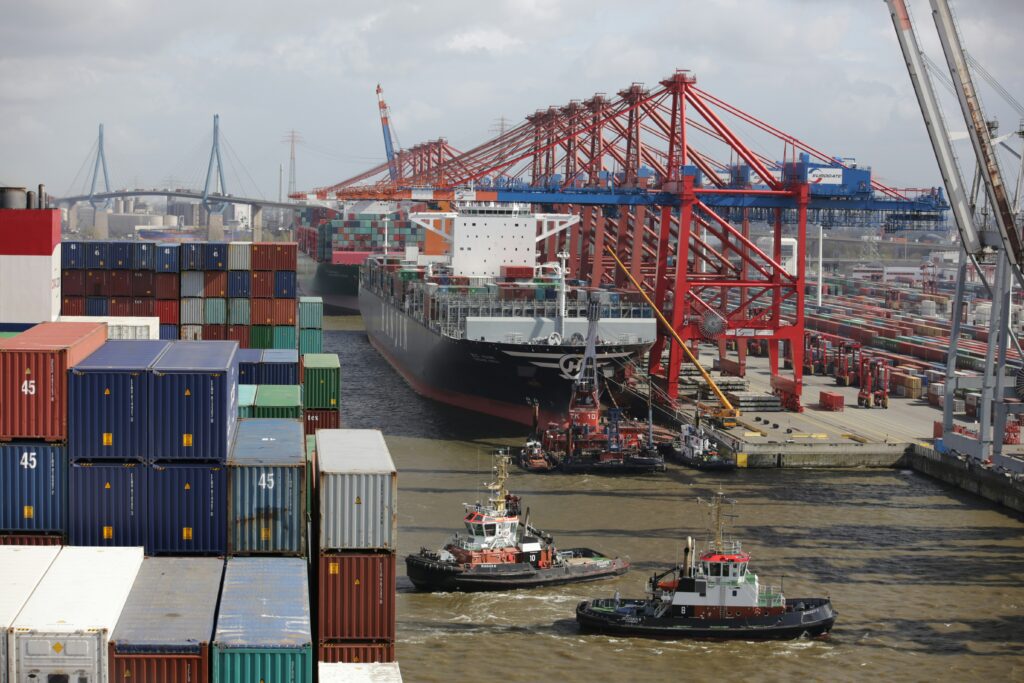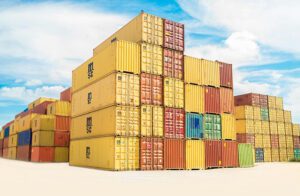China is reportedly building secret essential commodities inventories in anticipation of ongoing disruptions to the global supply chain.
According to people with direct knowledge of the situation, Beijing is attempting to protect its industrial base from external shocks and maintain economic stability in general by setting up these strategic reserves.
As the Economist reported, resource-intensive industries are not what Chinese officials want to see happen. There should be a rapid decline in the nation’s appetite for commodities. Nonetheless, China, the world’s largest consumer of many raw materials, has been quietly increasing its reserves of crucial commodities. This includes oil, natural gas, copper, aluminum, rare earth metals, and grains. The move is a measure to safeguard the nation’s economic interests amid rising global uncertainties, such as trade disputes, sanctions, and the lingering effects of the COVID-19 pandemic.
In the case of the iron ore, Reuters wrote that although the rise in imports and the increase in inventories are not coincidental, it remains unclear why Chinese steel mills iron ore merchants have decided to build up their stockpiles during a period of uncertain steel demand.
Industry insiders and market analysts point to unusual purchasing patterns and inventory buildups. However, government officials have not officially confirmed these activities.
The covert amassing of commodities by China is already beginning to impact international markets. A number of important materials have seen price swings, which some analysts have linked to rising Chinese demand. China’s massive purchasing power makes this even more impactful.
China’s amassing commodity stockpiles will likely strengthen its economic security and increase its ability to withstand external shocks. As the second-biggest economy in the world, it needs to rely heavily on its strategic reserves to preserve stability and guarantee long-term growth. Only time will tell how these moves will have repercussions in other international markets.














